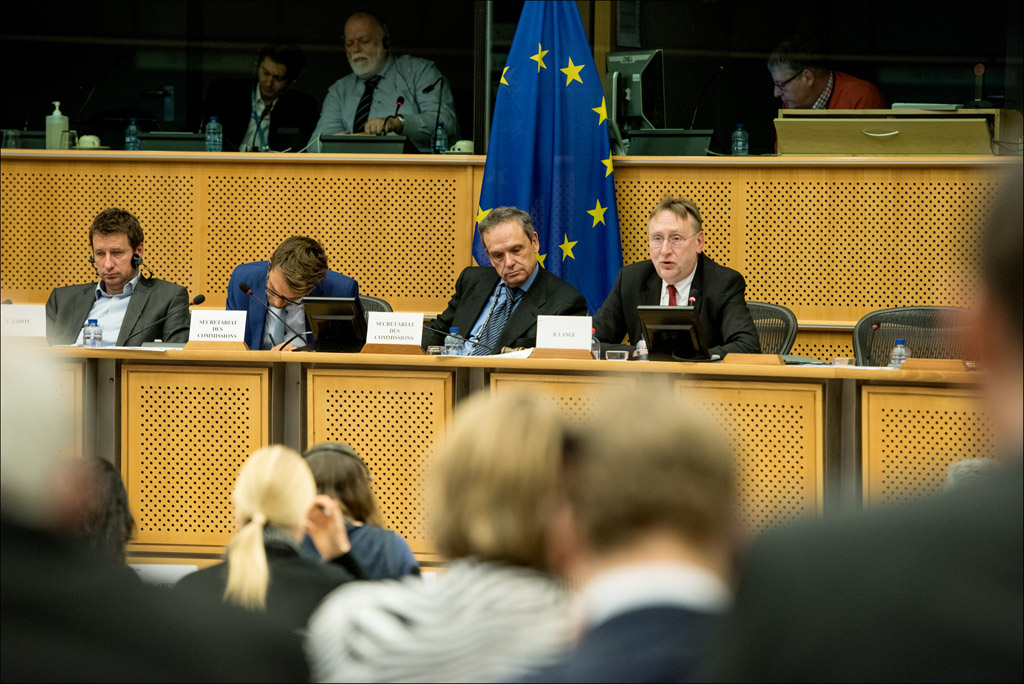EU-US trade talks in ’troubled waters’
EU Observer | 23 Jan 2015
EU-US trade talks in ’troubled waters’
By Benjamin Fox
BRUSSELS
EU-US trade talks are “in troubled waters” and need a “fresh start for parliament to approve an agreement”, the chairman of the assembly’s international trade committee has said.
Speaking on Wednesday (21 January), Bernd Lange, a German centre-left MEP who authored the parliament’s initial recommendations based on the past 18 months of talks, urged the European Commission, which is negotiating on behalf of the EU, to be more open about the progress of negotiations.
“The problem is that the mandate was not published right at the start and this lack of transparency has raised many unjustified fears such as the chlorinated chickens’ issue,” he said, a reference to concerns that a trade agreement could weaker and lower food safety standards.
"We need absolute transparency in order to be able to communicate with the public and address their fears".
EU leaders have given negotiators until the end of 2015 to conclude talks on the pact, which the commission estimates could be worth €100 billion extra to the EU’s GDP.
Talks on the transatlantic trade and investment partnership (TTIP) have progressed in the 18 months since talks began, with both sides tabling offers to remove almost all remaining tariff barriers and proposing to harmonise standards.
A draft agreement would then spend around a year being scrutinised by lawyers before being put in the hands of lawmakers in Brussels and Washington DC.
Under the Lisbon treaty, the commission gained exclusive competences to negotiate international trade agreements on behalf of the EU.
But any accords are also subject to the European Parliament’s approval - giving MEPs a veto.
Although generally positive about the potential benefits of an EU-US agreement, Lange’s report leaves open the prospect for including investment protection clauses, but expresses a preference to leave them out.
The so-called investor state dispute settlement (ISDS) mechanism is the main cause of public controversy, amid concern it will let US firms erode EU consumer standards.
Lange’s position is similar to that expressed by the French and German governments, which indicated that investor protection can be better guaranteed by their national courts.
“Should ISDS provisions be included in the TTIP, it seems to be clear, that further reforms to the current model, are critical to avoid the problems that have arisen under the provisions in existing FTAs,” Lange’s report notes.
But in a committee debate on Wednesday, deputies from the centre-right EPP and conservative ECR groups insisted that the parliament’s demands should be drafted in more “positive terms”, rather than “drawing new red lines”.
Last week, the commission published a 140-page report of findings following an online consultation to gauge public attitudes to ISDS.
Trade commissioner Cecilia Malmstrom at the same time conceded that investor protection had prompted “huge scepticism” on TTIP’s merits.






